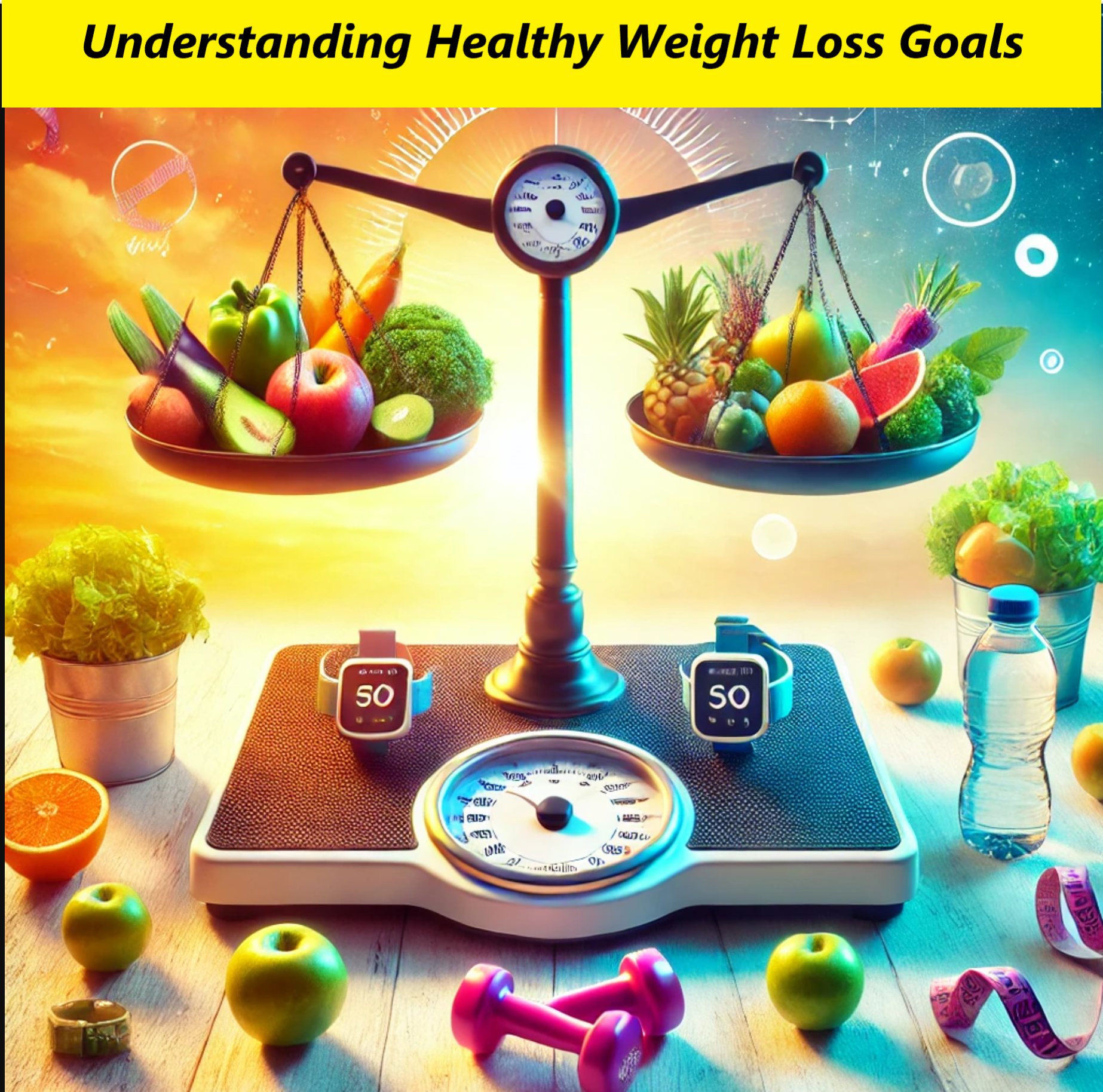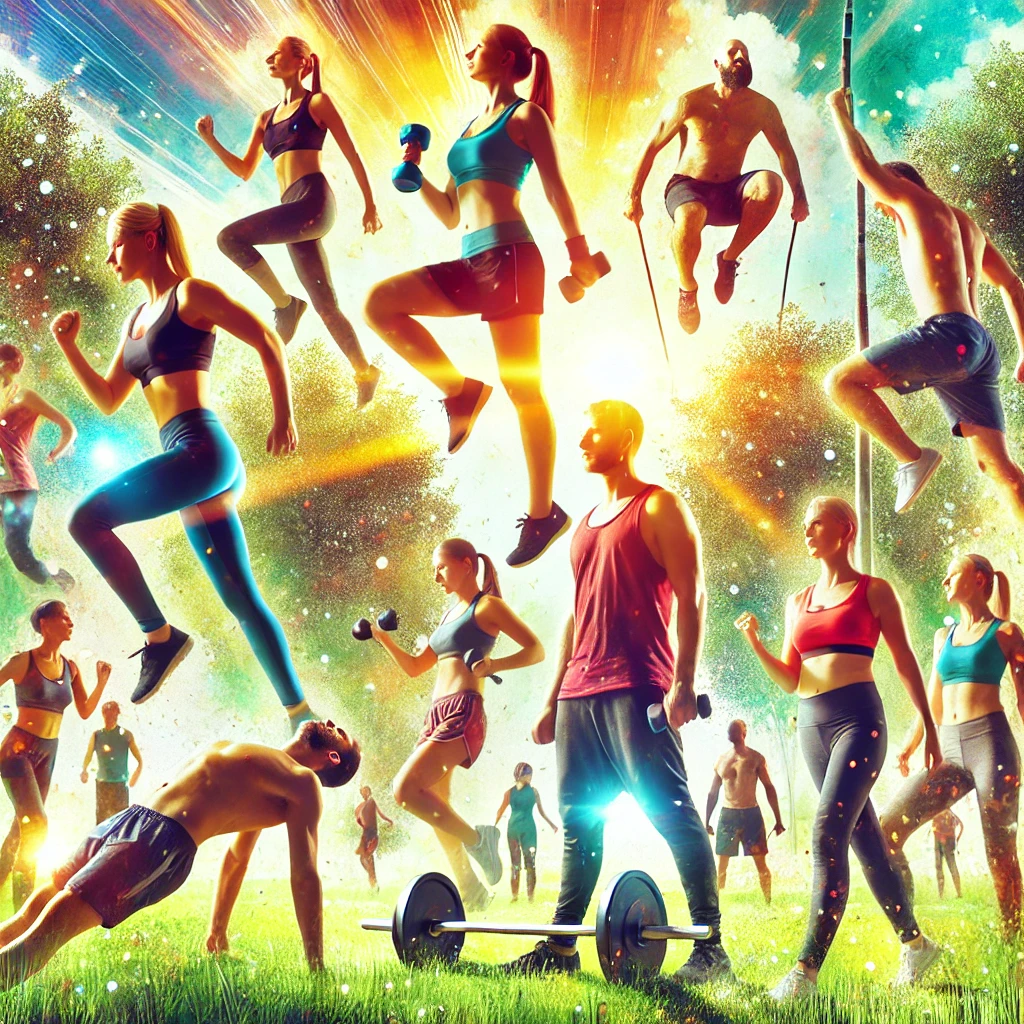Introduction
Did you know that staying hydrated can be a secret weapon in your weight loss journey? Most of us think about calories, workouts, and diets, but hydration often takes a backseat. However, water is not just for quenching thirst—it plays a vital role in every bodily function, including fat metabolism, energy levels, and appetite control. Let’s dive into the science and practical tips behind hydration and its impact on weight loss.
Table of Contents
Understanding Hydration

What is Hydration?
Hydration refers to the process of providing the body with sufficient water to maintain its functions. Water makes up about 60% of our body weight and is crucial for digestion, circulation, temperature regulation, and more.
Signs of Proper Hydration and Dehydration
How can you tell if you’re hydrated? Clear or pale urine, steady energy levels, and smooth skin are good indicators. On the flip side, signs of dehydration include:
- Dark-colored urine
- Fatigue and dizziness
- Dry mouth and lips
- Headaches and difficulty concentrating
Common Myths About Hydration
Some myths persist, like needing to drink eight glasses a day. The truth is, water needs vary by person, depending on age, activity level, and even the weather.
The Role of Water in the Body

Water as a Key Nutrient
Water is a vital nutrient that supports virtually every system in your body. From flushing out toxins to helping nutrients travel to cells, water is essential for survival.
How Water Impacts Metabolism
Water kickstarts your metabolism by aiding in the conversion of food into energy. Drinking cold water can also temporarily boost your metabolic rate due to the body warming it to match internal temperature.
Connection Between Hydration and Energy Levels
Ever felt sluggish? Dehydration might be the culprit. Staying hydrated ensures your body has the energy to burn calories effectively, making workouts and daily tasks easier to tackle.
Hydration and Weight Loss: The Science
How Water Consumption Affects Appetite
Drinking water before meals can help you feel fuller, reducing your calorie intake. Studies show that people who drink water before eating consume fewer calories overall.
The Thermogenic Effect of Water
Water has a thermogenic effect, meaning it slightly increases your body’s energy expenditure. Drinking water can cause a temporary rise in calorie burn, aiding in weight loss.
Studies Linking Hydration and Fat Metabolism
Research suggests that adequate hydration promotes lipolysis, the breakdown of fat cells. When you’re dehydrated, your body’s ability to metabolize fat slows down, potentially hindering weight loss.
Benefits of Staying Hydrated for Weight Loss
Improved Digestion and Toxin Elimination
Water helps dissolve nutrients and aids digestion, preventing constipation. It also flushes out toxins, ensuring your body works efficiently.
Reduction of Water Retention and Bloating
Ironically, drinking more water reduces bloating by signaling your body that it no longer needs to store excess fluid.
Enhanced Physical Performance and Calorie Burn
Dehydration can impair physical performance, reducing your ability to work out effectively. Staying hydrated helps maintain stamina and supports muscle function, enabling better calorie burn.
Timing and Quantity of Water Intake
Best Times to Drink Water for Weight Loss
Timing your water intake can optimize its effects. Drinking water:
- First thing in the morning kickstarts your metabolism.
- Before meals helps control appetite.
- During workouts maintains energy and prevents dehydration.
- Before bed keeps you hydrated through the night (just not too much to disrupt sleep!).
How Much Water Is Enough?
The general rule of thumb is to drink 8-10 glasses a day, but individual needs vary. A common guideline is to consume half your body weight in ounces of water daily. For example, if you weigh 160 pounds, aim for 80 ounces.
Customizing Water Intake Based on Body Weight and Activity Level
Active individuals or those living in hot climates may need more water. Tracking your intake using apps or simple reminders can ensure you’re meeting your hydration goals.
Hydration vs. Overhydration
Dangers of Overhydration (Water Intoxication)
Yes, too much of a good thing can be bad. Drinking excessive water can dilute electrolytes in your body, leading to hyponatremia—a condition that can cause nausea, confusion, or even life-threatening symptoms.
How to Find the Balance
Moderation is key. Listen to your body’s thirst signals and adjust your intake based on your activity level and environment. Avoid forcing down water if you don’t feel thirsty.
Signs You Might Be Drinking Too Much Water
- Frequent urination, especially at night
- Swelling in the hands or feet
- Nausea or headaches
Common Hydration Mistakes to Avoid

Relying Solely on Caffeinated or Sugary Beverages
While tea and coffee count toward hydration, excessive caffeine can be dehydrating. Sugary drinks, such as soda or energy drinks, add unnecessary calories and can spike blood sugar.
Ignoring Hydration During Workouts
Exercising without drinking water can lead to fatigue and cramps. Proper hydration before, during, and after exercise ensures optimal performance.
Misinterpreting Thirst as Hunger
Sometimes, when you feel hungry, you might just be thirsty. Drinking a glass of water before reaching for a snack can help curb unnecessary calorie intake.
Tips to Stay Hydrated
Using Reminders and Apps
Set alarms or use hydration apps to remind yourself to drink water throughout the day. These small nudges can make a big difference in maintaining consistency.
Choosing Hydrating Foods
Incorporate water-rich foods like cucumbers, watermelon, oranges, and celery into your diet. These not only hydrate but also provide essential vitamins and minerals.
Carrying a Reusable Water Bottle
Having a bottle handy encourages regular sips and helps track your daily water intake. Opt for eco-friendly bottles with built-in measurements for convenience.
The Role of Hydrating Foods

Examples of Water-Rich Foods
- Fruits: Watermelon, strawberries, oranges, and cantaloupe
- Vegetables: Cucumbers, zucchini, lettuce, celery, and tomatoes
- Other: Yogurt, soups, and broths
How Hydrating Foods Complement Water Intake
While drinking water is the primary method of staying hydrated, consuming water-rich foods helps boost hydration levels and adds essential nutrients to your diet.
Recipes for Hydration-Friendly Meals and Snacks
- Refreshing Salad: Combine cucumber, lettuce, and watermelon with a light vinaigrette.
- Fruit Smoothie: Blend strawberries, orange juice, and a handful of ice for a hydrating snack.
- Soup: Opt for clear broths with vegetables for a hydrating and nutritious meal.
Hydration Strategies for Workouts
Pre-Workout Hydration
Drink at least 16–20 ounces of water 2-3 hours before exercising to prepare your body. This ensures you start your workout hydrated and ready to perform at your best.
Hydration During Exercise
For workouts lasting under an hour, sip water regularly (about 4–6 ounces every 20 minutes). For longer or more intense activities, consider electrolyte-rich drinks to replace lost minerals.
Post-Workout Recovery with Water
Replenish fluids lost through sweat by drinking water immediately after exercise. Adding a pinch of salt or a sports drink can help restore electrolyte balance for optimal recovery.
Hydration Myths Debunked
Does Drinking Cold Water Burn More Calories?
While drinking cold water can cause a slight increase in calorie burn as your body warms it to internal temperature, the effect is minimal. Focus on overall hydration rather than water temperature.
Can You Drink Too Much Water in a Short Time?
Yes, consuming large amounts of water quickly can lead to overhydration and dilute your body’s sodium levels, which can be dangerous. Pace your water intake throughout the day.
Water vs. Sports Drinks for Hydration
Sports drinks are unnecessary for most people unless you’re engaging in prolonged, intense activity. They often contain added sugars, so plain water is usually the better choice.
Special Hydration Considerations
Hydration for Specific Groups
- Athletes: Require additional fluids to replenish sweat loss.
- Pregnant Women: Should increase water intake to support amniotic fluid levels and overall health.
- Elderly Individuals: Often feel less thirsty, making it vital to consciously hydrate.
Adjusting Hydration in Different Climates
- Hot Climates: Increase water intake to compensate for increased sweat.
- Cold Climates: Don’t let the lack of sweat fool you—hydration is still essential for circulation and temperature regulation.
Hydration During Illness or Fever
Illness, especially fever or vomiting, depletes your body’s fluids rapidly. Drinking water, broths, or electrolyte solutions is crucial for recovery.
Real-Life Success Stories
Testimonials of Individuals Who Used Hydration for Weight Loss
Many individuals have successfully incorporated hydration into their weight loss strategies. For example, Sarah, a busy mom, lost 10 pounds by simply replacing sugary drinks with water and increasing her daily intake.
Lessons Learned from Their Experiences
The key takeaways from these stories include:
- Making hydration a habit rather than an afterthought.
- Combining water intake with healthy eating and exercise for optimal results.
- Using creative ways, like infused water, to make hydration enjoyable.
Conclusion
Hydration isn’t just about drinking water—it’s about maintaining a balance that supports every aspect of your health. From boosting metabolism to curbing appetite and enhancing workouts, proper hydration is a game-changer for anyone looking to lose weight. Start small by tracking your intake, adding hydrating foods, and timing your water consumption strategically. Over time, you’ll see the benefits not just on the scale but in your overall well-being.
Frequently Asked Questions
1. How does water intake suppress appetite?
Water stretches the stomach slightly, sending signals to the brain that you’re full, which can reduce the urge to overeat.
2. What are the best water alternatives for hydration?
Herbal teas, infused water, coconut water, and water-rich foods are excellent alternatives for staying hydrated.
3. Can drinking water alone help you lose weight without exercise?
While water aids weight loss by suppressing appetite and boosting metabolism, combining hydration with exercise and a healthy diet yields better results.
4. How can I tell if I’m hydrated enough?
Check the color of your urine—light yellow or clear indicates good hydration. Also, pay attention to thirst and energy levels.
5. What’s the connection between hydration and skin health?
Proper hydration keeps your skin plump, elastic, and free of dryness, promoting a healthy and youthful appearance.








